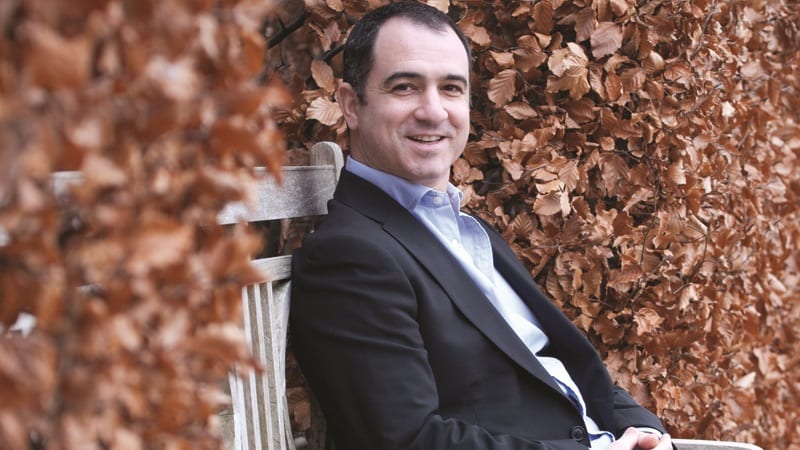The growing discount on Mark Barnett’s Perpetual Income and Growth Investment Trust (PLI) remains a major concern to the board, which has stepped up its attempts to narrow the gap following several years of disappointing performance.
The trust’s interim results revealed the trust’s discount had widened further in the last six months from 9.5% at 31 March 2018 to 12.3% at 30 September 2018.
The £879m trust’s share price has fallen some 14% year-to-date. As at 8 June it was trading on a discount of 11%, the widest level seen since before the financial crisis when it was trading on a discount of 12.5%.
Chairman Richard Laing said in a statement that the board remains “concerned at the level of this discount”.
He said the board was pleased with the trust’s net asset value (NAV) performance over the period but admitted the share price total returns are “rather less pleasing”.
Total return performance on a NAV basis was 7.7%, slightly behind PLI’s benchmark, the FTSE All-Share Index, which returned 8.3%.
The share price total return meanwhile was just 4.6% for the period reflecting the widening trust discount.
Board initiates share buyback
In an effort to stem further share price de-rating the board initiated a share buyback programme over the summer for the trust and the £1.3bn Edinburgh Investment Trust also managed by Barnett.
Edinburgh, which Barnett took over when star manager Neil Woodford left Invesco in 2014, was trading at a discount of 8.7% at 31 March 2018 but this had fallen closer to 10% by August.
But Laing stressed on Monday that “improved portfolio performance and consequent demand for the shares will be the main driver to reduce the discount level in the medium term”.
Barnett’s open-ended funds, which he also inherited from Woodford, have also been flagged for continued poor performance.
The heavyweight manager almost single handedly catapulted Invesco to the very top of Tilney Bestinvest’s Spot the Dog report, which names and shames underperforming funds.
‘Every fund manager has their ups and downs’
Despite Perpetual Income and Growth’s recent performance slump Laing said the board would continue to back Barnett.
“The board recognises that every fund manager has their ups and downs,” he said. “We fully support the consistent investment approach of the portfolio manager, Mark Barnett, which he describes in his report along with details on the performance of the portfolio.”
In his portfolio manager’s report included in the trust results, Barnett said many of his UK investments, including tobacco giant British American Tobacco and low-cost airliner easyJet, remained unloved and undervalued due to Brexit-related uncertainty.
But he said he remained convinced of his strategy, betting the UK economy would be more resilient than most forecasts assume.
“In recent weeks the return of more volatile markets has suggested a breakdown in momentum style investing which has been such a powerful characteristic of the multi-year bull market,” Barnett added. “It is to be hoped that this change will herald a return to valuation based investing with an emphasis on fundamental company analysis, which will support our investment strategy.”










